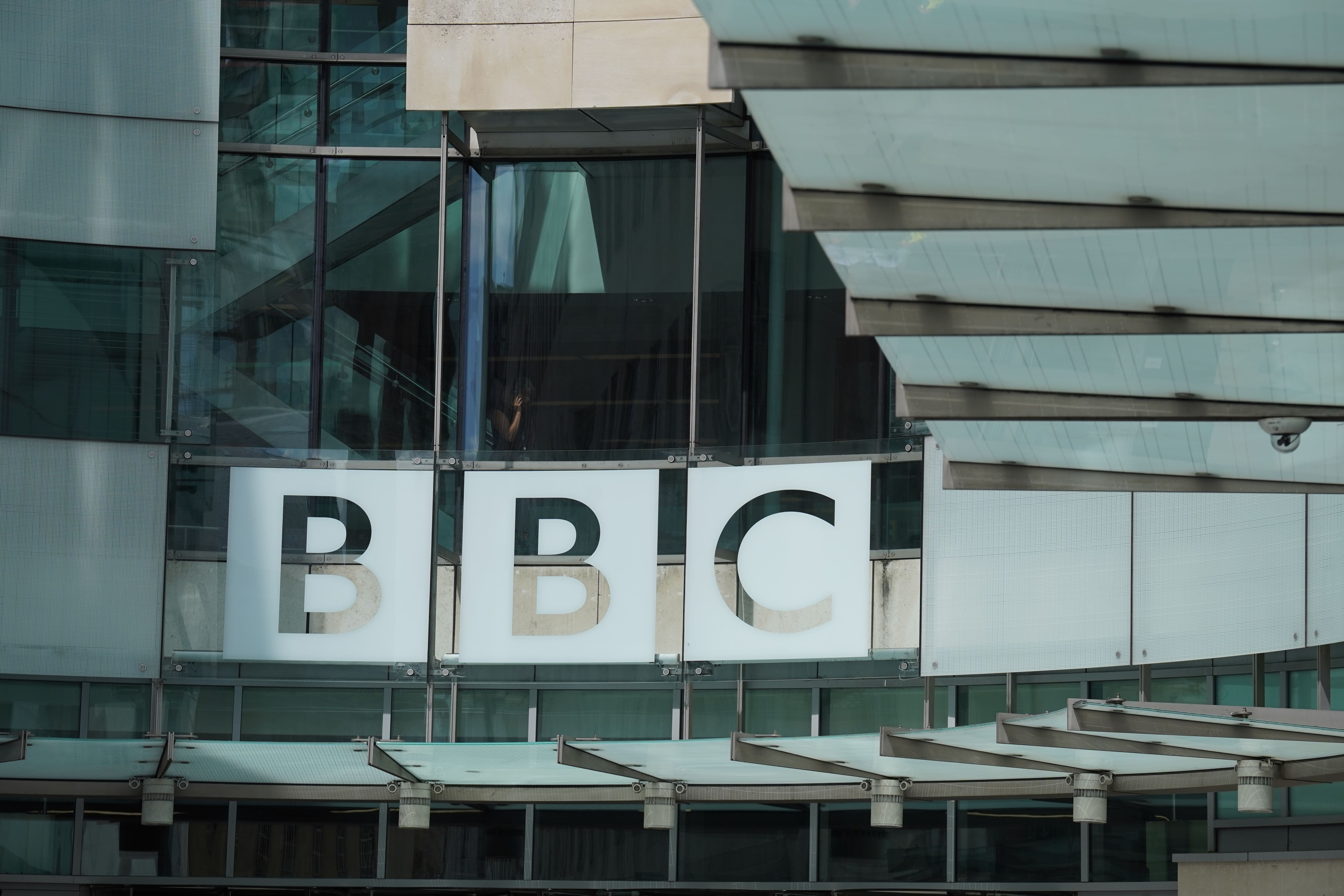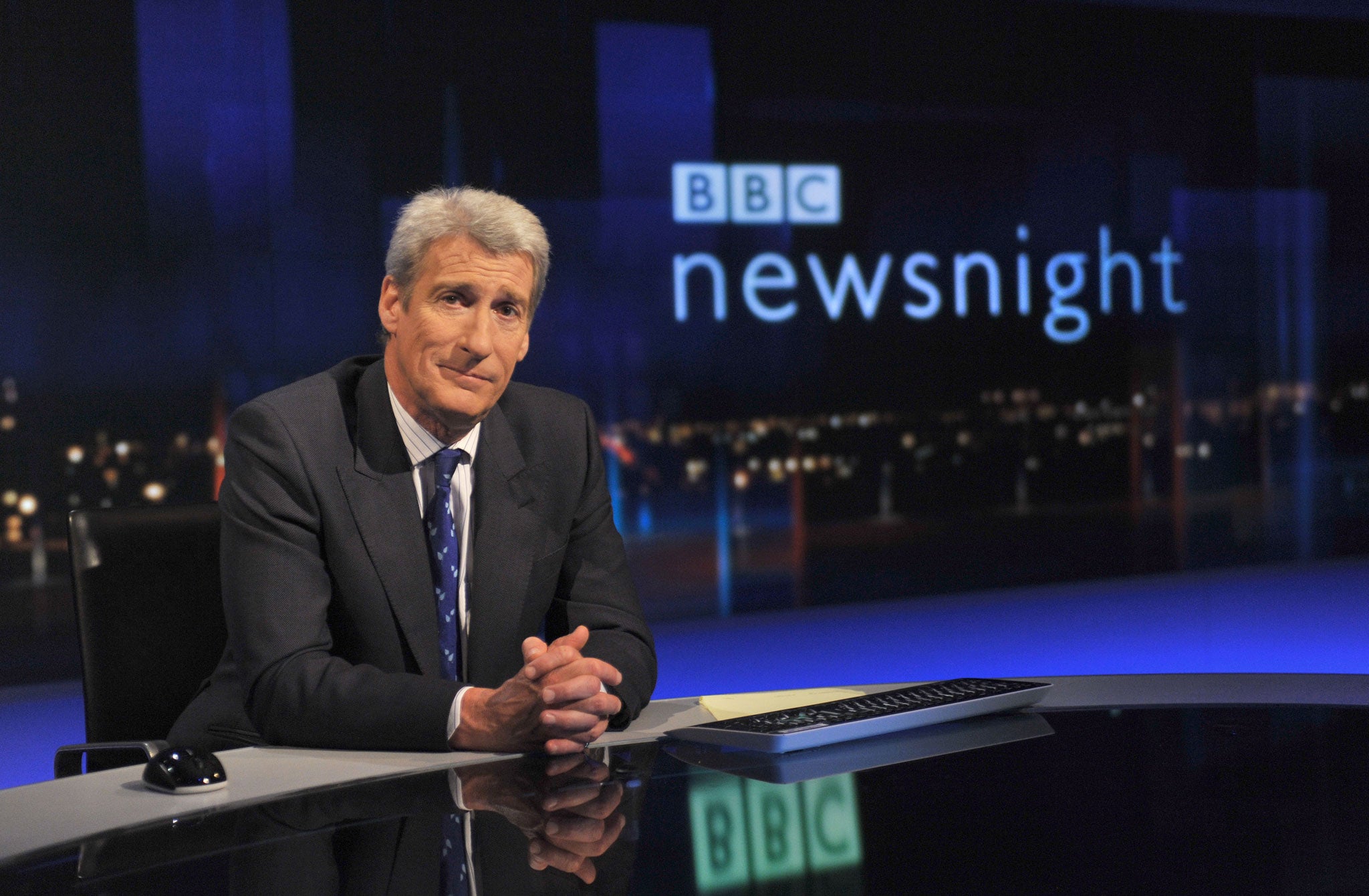BBC Newsnight to be cut to 30 minutes in £500m savings plan
Corporation sets out to save £500m as they enter ‘next phase’ of digital transformation

Your support helps us to tell the story
From reproductive rights to climate change to Big Tech, The Independent is on the ground when the story is developing. Whether it's investigating the financials of Elon Musk's pro-Trump PAC or producing our latest documentary, 'The A Word', which shines a light on the American women fighting for reproductive rights, we know how important it is to parse out the facts from the messaging.
At such a critical moment in US history, we need reporters on the ground. Your donation allows us to keep sending journalists to speak to both sides of the story.
The Independent is trusted by Americans across the entire political spectrum. And unlike many other quality news outlets, we choose not to lock Americans out of our reporting and analysis with paywalls. We believe quality journalism should be available to everyone, paid for by those who can afford it.
Your support makes all the difference.BBC’s Newsnight is set to be shortened by 10 minutes as part of the broadcaster's plans to make £500 million in savings.
The popular show has been running for over 40 years and will now be reformatted to be a 30-minute interview, debate and discussion show at the cost of their investigative reports and films.
The move will see job losses at Newsnight, with more than half of the programme's 60 roles to go across reporting, production and operational functions.
“Like many businesses, we are in a tough financial climate and as our audiences shift rapidly from TV to online news consumption, we need to make choices about where we allocate our resources,” BBC News and Current Affairs CEO Deborah Turness said.
“While TV and radio remain crucial to BBC News, we must invest in our digital platforms to ensure they are also the home of our very best journalism, and today’s package of measures will accelerate this transformation.”

The corporation attributed changes to linear TV audiences declining by 11 per cent in the last five years, inflation and the flat Licence Fee settlement.
They say these factors have left them needing to make £500m worth of savings and that the announcements are the next phase in the BBC’s evolution from broadcast to digital journalism.
“Newsnight has also been a source of great investigative reporting and films but we know that people are consuming the news in different ways, and it can no longer make sense to keep a bespoke reporting team for a single television programme,” Ms Turness said.
She added: “We will offer more to audiences by investing to ensure the best investigative journalism and reporting is produced – and consumed – across the whole of BBC News.”
Newsnight will remain as a nightly BBC Two programme from Monday to Friday and a new BBC News Investigation unit will instead be created.
Other cuts proposed in the BBC’s Annual Plan include the “tough decision” to close the ‘Our World’ strand and a reduction of 1,000 hours in content commissions. There will also be nine hours less of single documentaries a year for BBC Two.
Meanwhile, BBC Verify will be boosted, with new reporting and production roles and staff will have a focus on digital storytelling and live coverage.
An extended hour-long edition of the BBC News at One, which will relocate to Salford, has also been proposed.
It will be the first time a daily BBC national news bulletin will be broadcast outside London and BBC Breakfast will be extended for an extra 15 minutes daily.
Panorama will continue as the flagship current affairs brand on BBC One, with no change in the number of hours.
Join our commenting forum
Join thought-provoking conversations, follow other Independent readers and see their replies
Comments